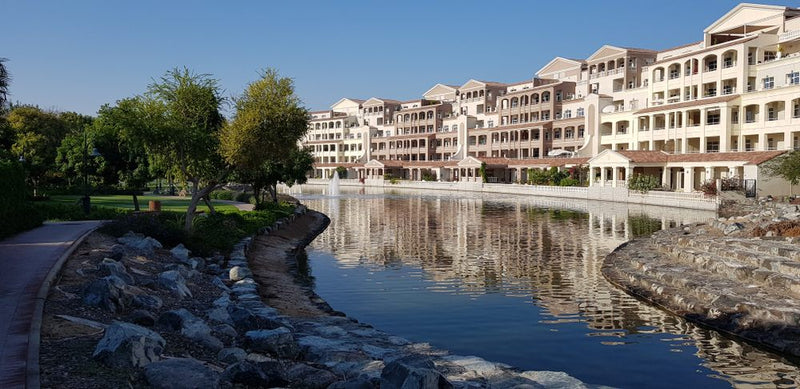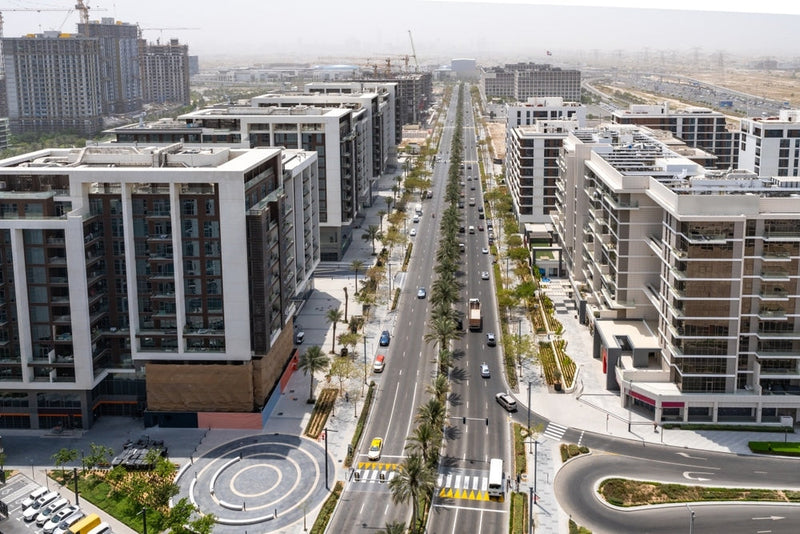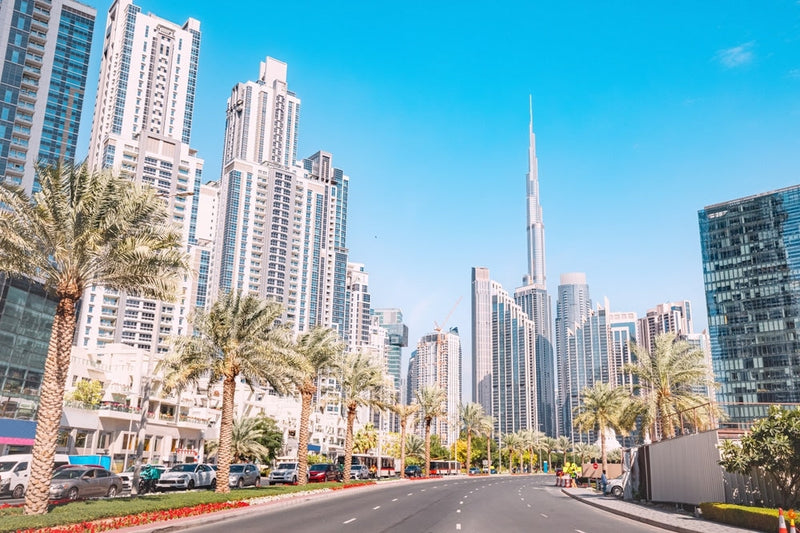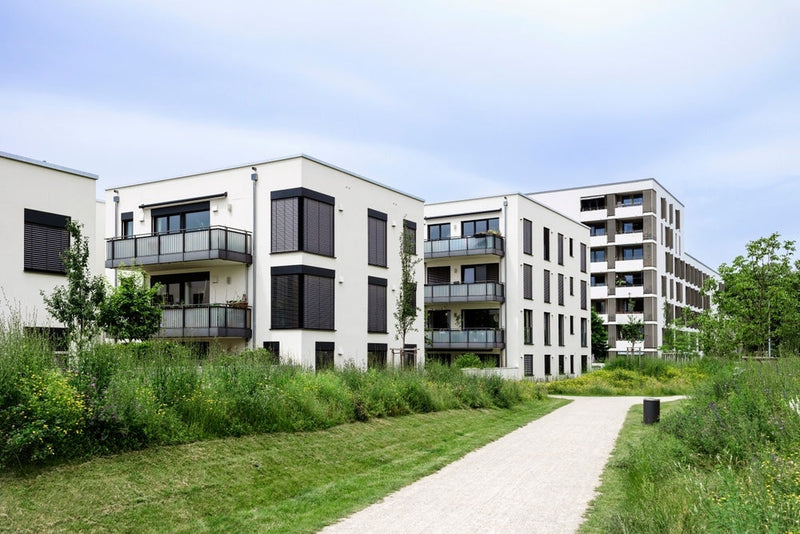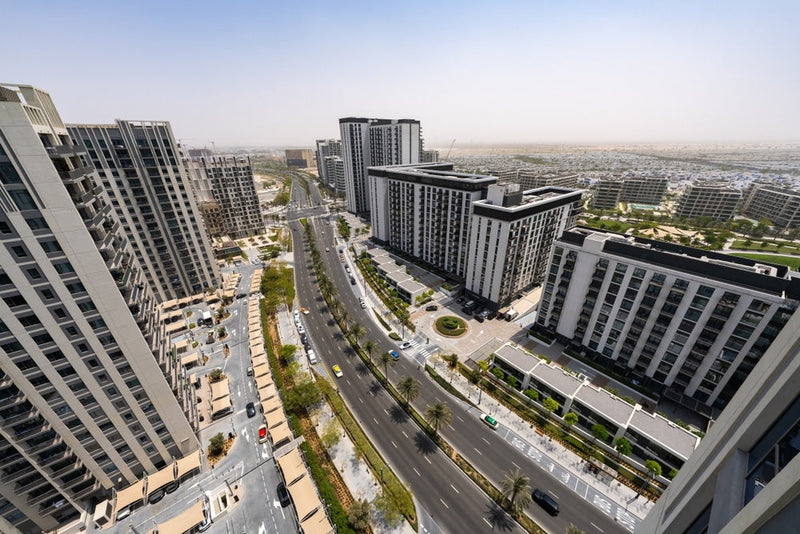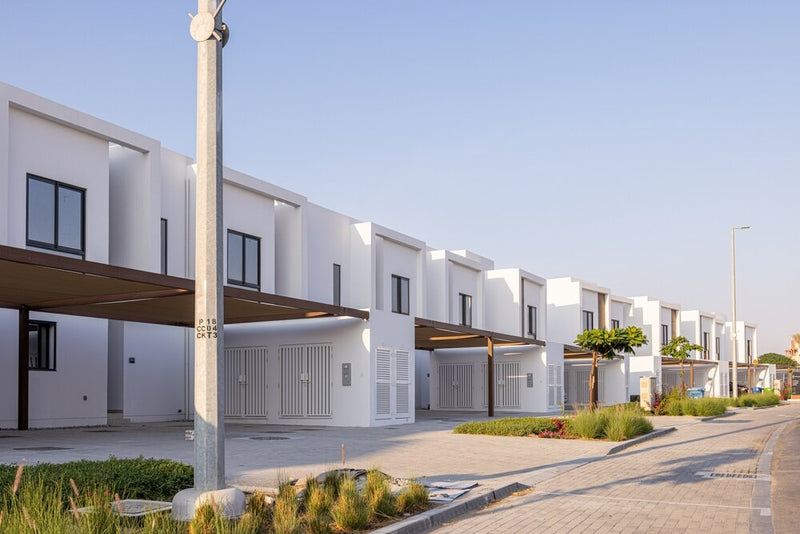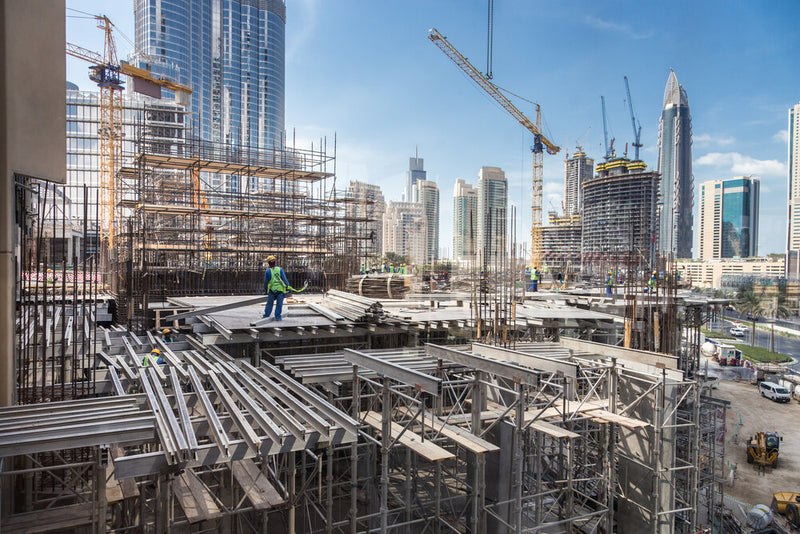As interest grows in Dubai's vibrant property market, investors must understand the legal framework underpinning real estate transactions and ownership.
Clear rules protect buyers from risks while supporting a flourishing sector. This guide overviews key legislations governing Dubai property, from buying and selling regulations to laws addressing rental contracts and disputes.
It examines ownership options available to foreigners and matters of taxation. Whether purchasing investment properties or a family home, familiarity with the emirate's property statutes empowers one to navigate processes confidently and secure lawful rights.
Let's explore the pertinent laws shaping Dubai's welcoming real estate landscape.
Dubai Real Estate Law: A Legal Guide for Investors
Here are some laws you need to know:
-
Freehold Ownership Regulations:
Freehold allows perpetual ownership and is Dubai's most resilient form of title. Only Dubai's leading real estate development companies are authorized to sell properties on a freehold basis, with strict eligibility criteria.
Under regulations, freehold ownership must be directly purchased from the original developers and can only be privately transferred after five years of buying. This shields investors and homeowners from illegal transactions while stabilizing land values.
Freeholds can be passed to heirs according to the owner's will. This route permits foreign ownership of up to 100% for select projects. Compliance with rules secures strong property rights.
-
Registration and Title Deed Process:
Securing ownership through proper registration is critical in Dubai's legal system. Post-sale, the title must be transferred to the real estate agency in Dubai overseeing the project within 30 days.
Agents will then lodge documents with the Land Department to issue the Title Deed under the new owner's name. This represents the highest proof of lawful possession of any property. The owner must also retain a copy. Strict deadlines ensure transparency.
If resale occurs, the same process applies to assigning a title to the subsequent buyer. Only with a Title Deed can owners extract utility connections, process mortgages, and guarantees, and resell easily in the future.
-
Legal Due Diligence:
Thorough due diligence is expected of prudent property buyers in Dubai. Key aspects of research include:
- Verifying the developer/seller through official registration records.
- Evaluating zoning and permitted usage.
- Checking for any title encumbrances or legal disputes.
Real estate attorneys can examine documents like ownership certificates, building permits, subdivision plans, and previous transactions on a given property. This confirms lawful construction according to approved plans and specifications.
Disclosures around outstanding utility bills or levies must also be crystal clear. With a trained legal eye, defects, illegality, or project non-completion risks are significantly reduced before settlement. Prudent due diligence underpins successful real estate activities.
-
Financial Considerations:
From profitability projections and investment analysis to funding strategies, financial planning is paramount for property investors in Dubai. Key factors include researching rental yields, annual valuation appreciations, operating costs, and taxation implications based on freehold/leasehold.
Foreigners have options for cash purchases, bank mortgages, and payment plans offered by reputed developers. Mortgages from top local banks provide competitive rates on long tenures. Funds can be raised through Real Estate Investment Trusts (REIT), property crowdfunding platforms, and joint venture partnerships.
Advanced modeling of rental incomes, tax obligations on returns, and resale revenues helps maximize the wealth potential of Dubai assets. Solid financial diligence underpins success.
-
Rental Regulations:
Rental properties form a pivotal part of Dubai's vibrant real estate sector. The RERA authority oversees strict leasing rules per the Dubai Tenancy Law. Key provisions include standardized lease contract templates, security deposit protection, maintenance guidelines, and dispute resolution processes.
Owners must specify agreed-upon services and rent payment timings, while eviction requires a documented breach of contract or rent in arrears. Tenants enjoy tenure security through renewable one-year lease periods.
Rents can only be increased by 5% annually, as per RERA indexes. Fair regulations uphold affordability and landlord/tenant confidence in the emirate's rental ecosystem. Smooth operations enhance Dubai's global appeal.

Frequently Asked Questions
What ownership structures are permitted for foreigners?
Foreign investors have multiple options for real estate ownership in Dubai. The main structures are freehold, which grants indefinite ownership rights, and leasehold for properties on long-term renewable land leases spanning 50 or 99 years. Both allow resale and transferability as per legal terms.
What kind of property transfers require registration?
To secure the legal change of ownership, all property sales, transfers, and related transactions must be registered with the Dubai Land Department. This includes purchases, mortgages, donations, and wills. Registration helps establish title and protects against disputes by officially recording new ownership in public records.
What laws cover rental contracts and deposits?
Rental agreements are governed by the Dubai Tenancy Law, which standardizes rules for leasing commercial and residential properties. It specifies the rights of landlords and tenants, payment timelines, notice periods for vacating, and dispute resolution. Tenants are protected through provisions regarding agreed-upon facilities, maintenance obligations, and regulated deposit amounts refundable at the lease end.
How are property disputes and conflicts resolved?
Dubai has a three-tiered system for real estate conflict resolution. Initial complaints can be filed with the Land and Property Court, followed by appeals at the Court of Appeal. The UAE's Cassation Court is the final appellate authority that provides a final judgment. Litigation timeframes and accepted case types are clearly defined to deliver efficient remedies per the applicable statutes and precedents.
Conclusion
Dubai has established a progressive yet pragmatic set of property laws that uphold consistency and clarity for developers, agents, and customers. By comprehending ownership rules, zoning limitations, transaction procedures, and dispute resolution protocols applicable in the emirate, investors can confidently make well-informed decisions.
Dubai's authorities deserve praise for their commitment to continually refining statutes that protect property rights while stimulating market vitality.
Following this overview of pivotal legislation governing real estate, prospective buyers and tenants are now equipped to leverage Dubai's property opportunities lawfully and maximally.
Let's continue advancing the emirate's reputation as a magnet for global capital through responsible and prosperous property dealings.









